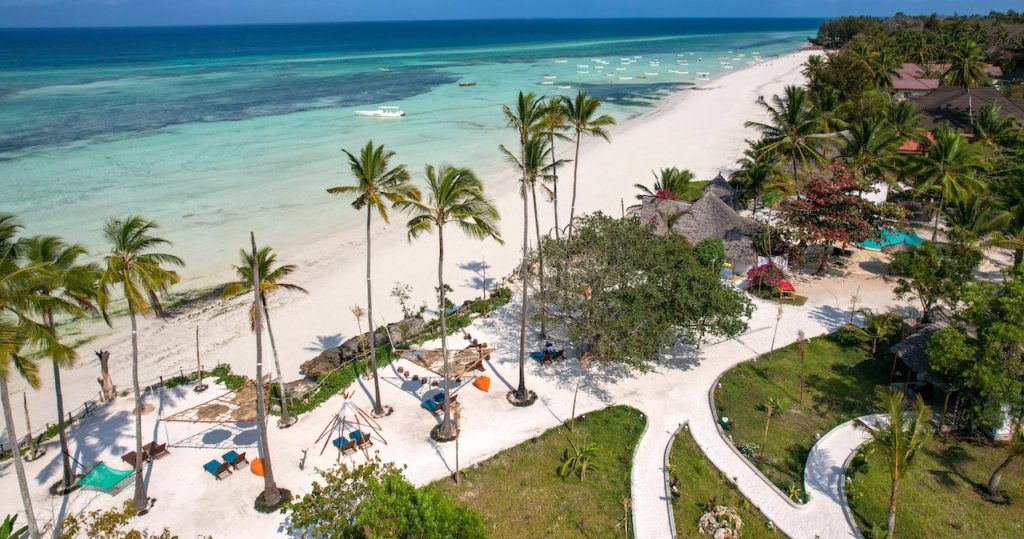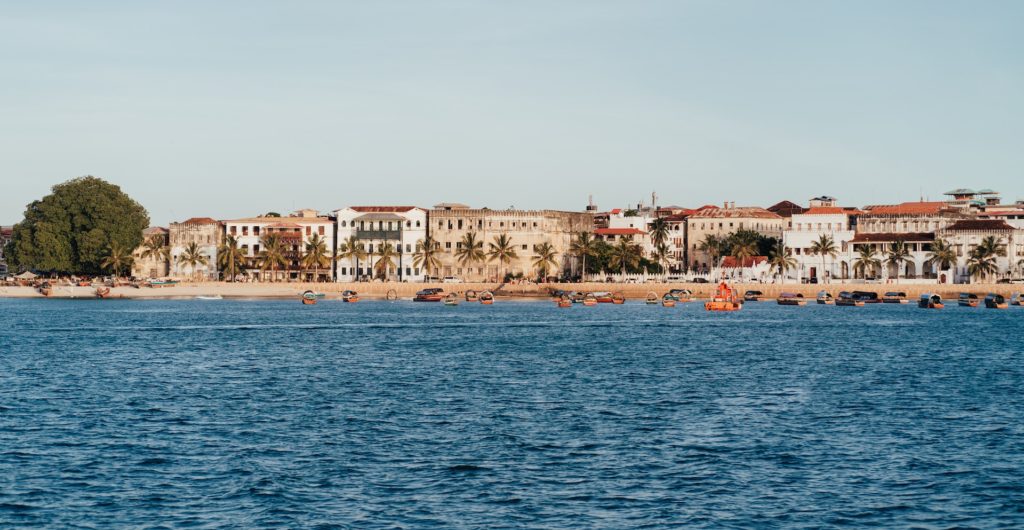Zanzibar’s Rich History: A Journey through Colonial Influences and Swahili Heritage

Zanzibar, an archipelago located off the eastern coast of Africa, boasts a vibrant and diverse history that has shaped its unique cultural identity. Known for its picturesque beaches, crystal-clear waters, and exotic spices, Zanzibar has been a melting pot of influences from various cultures and civilizations throughout the centuries. This article takes you on a captivating journey through the rich history of Zanzibar, exploring its Swahili heritage and the impact of Arab traders on the island’s spice trade.
Ancient Roots: The Swahili Coast
Long before European explorers arrived on the shores of Zanzibar, the Swahili civilization flourished along the East African coast. The Swahili people, a mix of Bantu-speaking Africans and Arab traders, established a network of prosperous city-states engaged in trade with the Arab world, India, and beyond. These city-states, including Zanzibar, Kilwa, and Mombasa, thrived from the 9th to the 15th centuries, fostering a rich Swahili culture characterized by vibrant trade, Islamic influences, and unique architectural styles.


Arab Traders and the Spice Trade
One of the significant contributions of Arab traders to Zanzibar’s history was the introduction of spices, including cloves. Arab traders, who had extensive contact with regions such as India and the Far East, recognized Zanzibar’s favorable climate for spice cultivation. They brought cloves to the region and established large-scale plantations on the island, capitalizing on its fertile soil and ideal growing conditions.
Clove cultivation quickly became a cornerstone of Zanzibar’s economy, transforming the archipelago into a global center for spice production. The abundance of cloves, along with other spices like nutmeg and cinnamon, earned Zanzibar the nickname “Spice Islands.” The spice trade attracted merchants from around the world, contributing to the island’s wealth and cultural exchange.
Omani Sultanate and Zanzibar’s Influence
In the 16th century, Zanzibar came under the control of the Portuguese, who sought to monopolize the lucrative Indian Ocean trade routes. However, their rule was short-lived as the Omani Arabs, led by Sultan Said bin Sultan Al-Busaidi, expelled the Portuguese in 1698 and established their dominance over the archipelago. Under the Omani Sultanate, Zanzibar continued to flourish as a center of the East African spice trade.
The Omani influence brought about significant changes to the island. Stone Town, the historic center of Zanzibar City, emerged as a thriving trading hub with narrow, winding streets, coral stone buildings, and intricately carved wooden doors. Arabic architecture fused with Swahili elements, creating a unique blend that can still be witnessed in the city’s UNESCO World Heritage-listed Stone Town today.
Colonial Era: European Arrival and the British Protectorate
In the late 19th century, Zanzibar attracted the attention of European powers competing for control over Africa. The British and Germans established spheres of influence, with the British ultimately gaining control over Zanzibar in 1890. The archipelago became a British protectorate, with the British consolidating their rule through indirect administration and the imposition of colonial institutions.
During this period, Zanzibar’s spice trade continued to thrive, attracting merchants from Europe and other parts of the world. The British recognized the economic value of the spice plantations and encouraged their expansion. The cultivation of cloves, along with other cash crops such as coconuts and sisal, played a vital role in the island’s economy under British colonial rule.
Post-Independence: The Birth of Tanzania and Zanzibar Revolution
In 1963, Zanzibar gained its independence from Britain, and a year later, it merged with Tanganyika to form the United Republic of Tanzania. The new nation faced challenges as it sought to establish a unified identity while preserving Zanzibar’s cultural heritage. Zanzibar’s unique historical context, characterized by the Arab and Swahili influences, played a crucial role in shaping Tanzania’s cultural landscape.
The 1964 Zanzibar Revolution marked a significant turning point in the island’s history. Led by the Afro-Shirazi Party, the revolution overthrew the Arab-dominated government and established a socialist government. The revolution brought about profound socio-political changes and sought to address historical grievances and socioeconomic inequalities. Zanzibar became a semi-autonomous region within Tanzania, preserving its distinct cultural heritage.
Preserving Heritage and Promoting Tourism
Today, Zanzibar stands as a testament to the resilience and multiculturalism of its people. Swahili culture and traditions continue to thrive, with the island boasting a rich tapestry of music, dance, cuisine, and craftsmanship. The vibrant and bustling markets of Stone Town offer a glimpse into the island’s past, where locals and tourists can explore the narrow alleyways and admire the intricate woodwork and ornate doors.
Zanzibar’s stunning beaches and coral reefs attract tourists from around the world, providing a unique blend of relaxation, adventure, and cultural immersion. Visitors can partake in spice tours to learn about the island’s history as the “Spice Islands” and sample the exotic flavors that have defined Zanzibar for centuries.
Conclusion
Zanzibar’s rich history is a tale of cultural fusion, trade, and the influence of Arab traders on the spice trade. From its Swahili roots to the Arab and European influences, the archipelago has embraced its diverse heritage and preserved its distinct identity. As Zanzibar continues to grow as a popular tourist destination, it is essential to celebrate and respect the island’s history, ensuring that the cultural tapestry remains vibrant for generations to come. A journey through Zanzibar’s Swahili heritage and the impact of Arab traders on the spice trade is a captivating exploration of the island’s past, present, and future.




